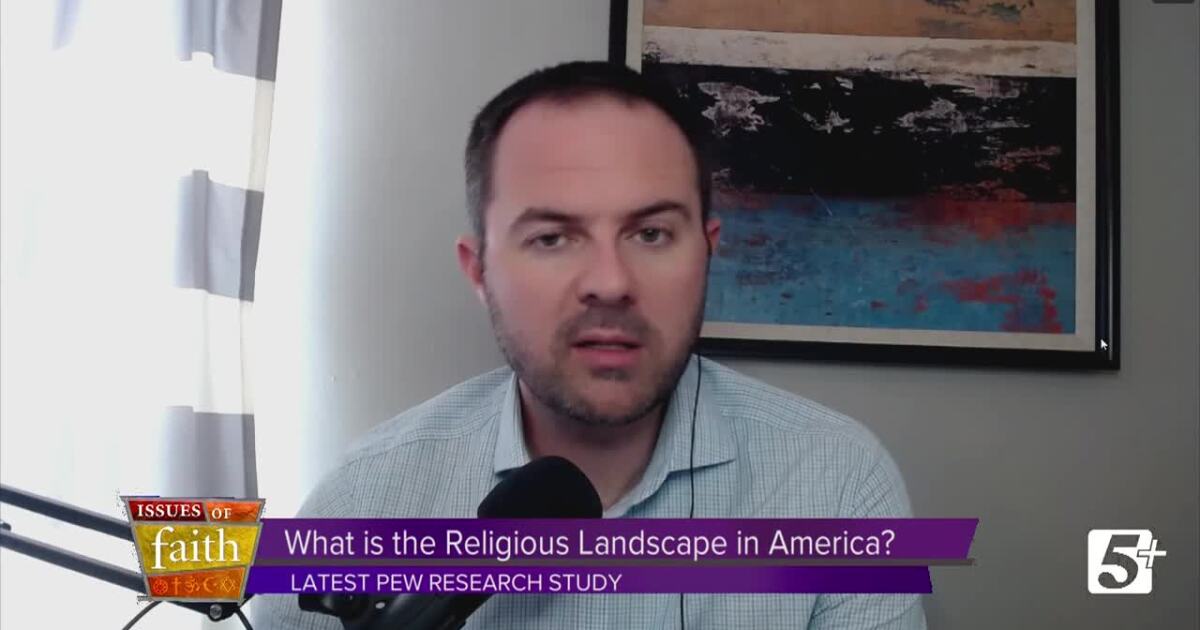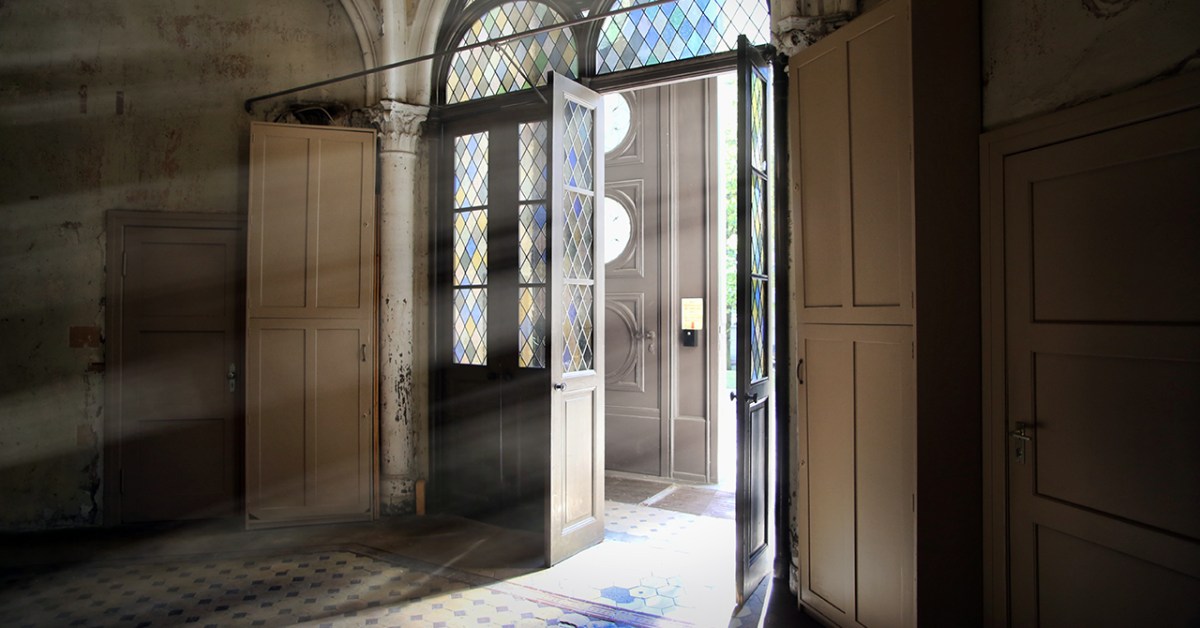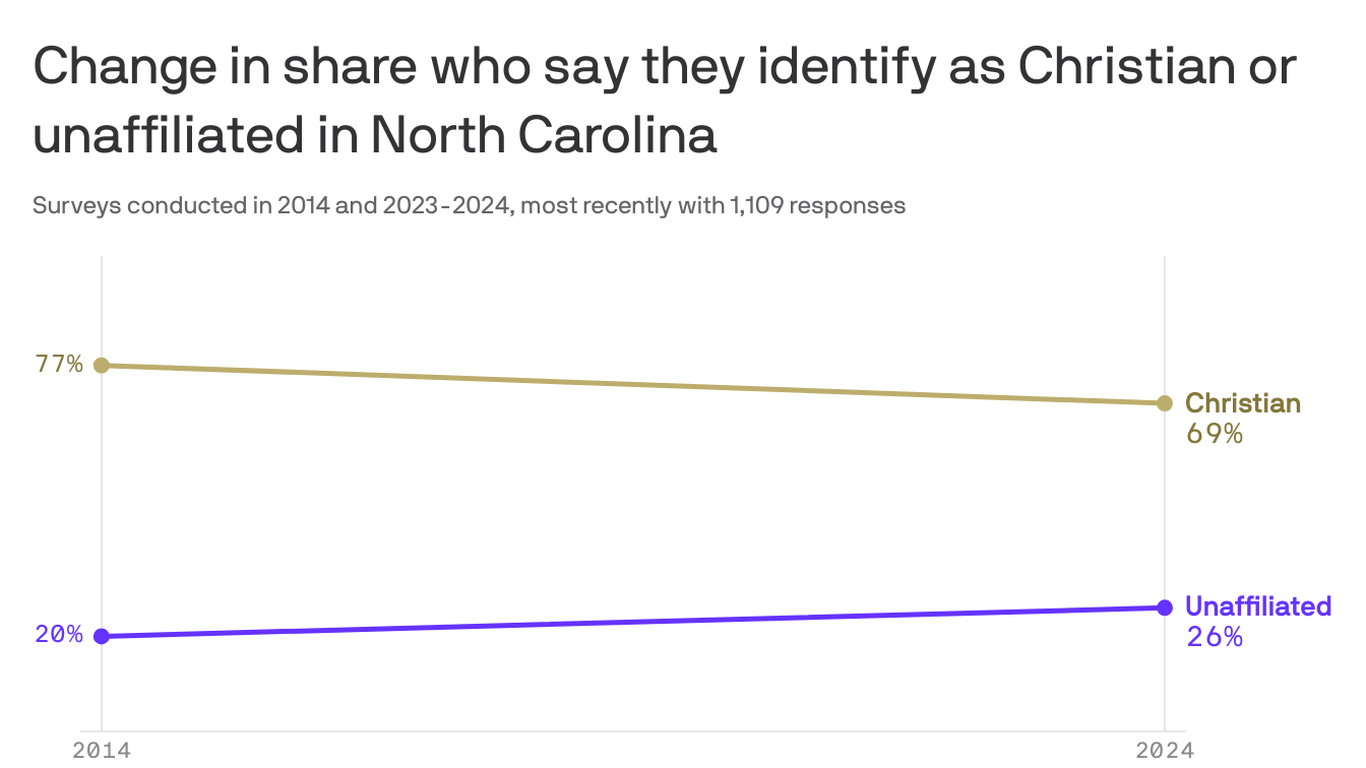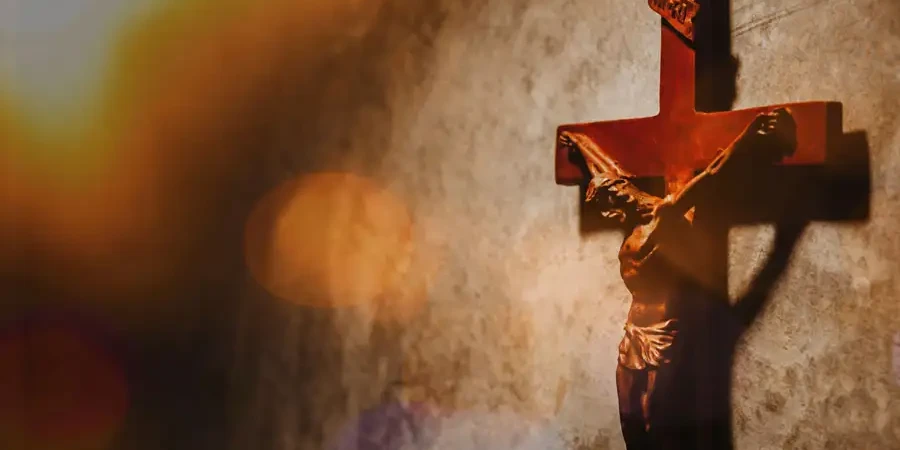Faith in Flux: Mapping America's Spiritual Mosaic
Religion
2025-04-05 04:31:00Content

In a fascinating shift of spiritual landscape, a growing number of Americans are redefining their relationship with religion. When surveyed about religious affiliation, an impressive one-third of adults now proudly declare "none" - signaling a profound transformation in how people approach faith and spirituality.
Interestingly, this trend doesn't mean people have abandoned spiritual exploration. Quite the contrary: a remarkable 80% of individuals describe themselves as spiritual, even while steering clear of traditional religious denominations. This suggests a more personalized, fluid approach to understanding life's deeper meanings.
So, are the "nones" truly winning? The data points to a resounding yes. This demographic represents a significant cultural movement, where individuals are crafting their own spiritual paths outside conventional religious structures. They're seeking meaning, connection, and understanding through more individualized and flexible approaches to belief.
The rise of the "nones" reflects a broader societal shift towards personal autonomy, critical thinking, and a rejection of rigid institutional frameworks. It's less about abandoning spirituality and more about reimagining what spiritual connection can look like in the 21st century.
The Rise of Spiritual Seekers: Unraveling America's Religious Transformation
In an era of unprecedented cultural shift, Americans are redefining their relationship with spirituality, challenging traditional religious paradigms and creating a new landscape of personal belief that defies conventional categorization. The emergence of a growing demographic that identifies as spiritual but unaffiliated represents a profound transformation in how individuals conceptualize faith, meaning, and personal connection to something greater than themselves.Exploring the Profound Shift in Spiritual Consciousness
The Changing Landscape of Religious Identity
The contemporary spiritual journey in America has become increasingly complex and nuanced. Traditional religious institutions are experiencing a significant decline in membership, with approximately one-third of adults now identifying as religiously unaffiliated. This seismic shift represents more than a statistical anomaly; it signals a fundamental reimagining of spiritual engagement. Sociological research suggests that this trend is driven by multiple factors, including increased educational attainment, technological connectivity, and a growing emphasis on individual spiritual exploration. Young adults, in particular, are demonstrating a remarkable openness to spiritual experiences that transcend institutional boundaries, seeking personal meaning through diverse philosophical and contemplative practices.Spiritual but Not Religious: A Emerging Cultural Phenomenon
The concept of being "spiritual but not religious" has evolved from a marginal perspective to a mainstream approach to understanding existential questions. Approximately 80% of individuals now report experiencing spiritual sensibilities while simultaneously rejecting formal religious affiliations. This indicates a profound desire for authentic spiritual connection that is not constrained by traditional doctrinal frameworks. Modern spiritual seekers are increasingly drawing from multiple philosophical traditions, creating personalized belief systems that integrate insights from psychology, neuroscience, Eastern philosophies, and contemporary scientific understanding. This eclectic approach allows for a more flexible and adaptive spiritual practice that resonates with individual lived experiences.Psychological and Social Implications of Spiritual Transformation
The decline of traditional religious structures and the rise of personalized spiritual practices have significant psychological implications. Individuals are now more empowered to construct meaning through direct personal experience rather than relying solely on institutional narratives. This shift promotes greater psychological autonomy and encourages critical engagement with existential questions. Sociologically, this trend reflects broader cultural movements toward individualism, personal authenticity, and rejection of hierarchical systems. The spiritual "nones" are not merely abandoning religious institutions; they are actively constructing more inclusive, dynamic, and personally meaningful frameworks for understanding human experience.Technological and Global Influences on Spiritual Consciousness
Digital connectivity has dramatically accelerated the democratization of spiritual knowledge. Online platforms, meditation apps, and global information networks have made diverse spiritual practices and philosophical perspectives accessible in unprecedented ways. This technological mediation has fundamentally transformed how individuals explore and integrate spiritual insights. Global cultural exchange has further enriched this spiritual landscape, allowing people to explore contemplative traditions from around the world. The boundaries between different philosophical and spiritual approaches have become increasingly permeable, creating a rich, syncretic environment for personal growth and understanding.The Future of Spiritual Experience
As society continues to evolve, the spiritual landscape will likely become even more diverse and personalized. The emerging generation views spirituality not as a fixed set of beliefs, but as a dynamic, ongoing process of personal discovery and meaning-making. This approach promises a more inclusive, adaptable, and compassionate understanding of human spiritual potential.RELATED NEWS
Religion

Faith, Politics, and Philanthropy: The Delicate Dance Between Charity, Conviction, and Controversy
2025-03-14 18:00:30







